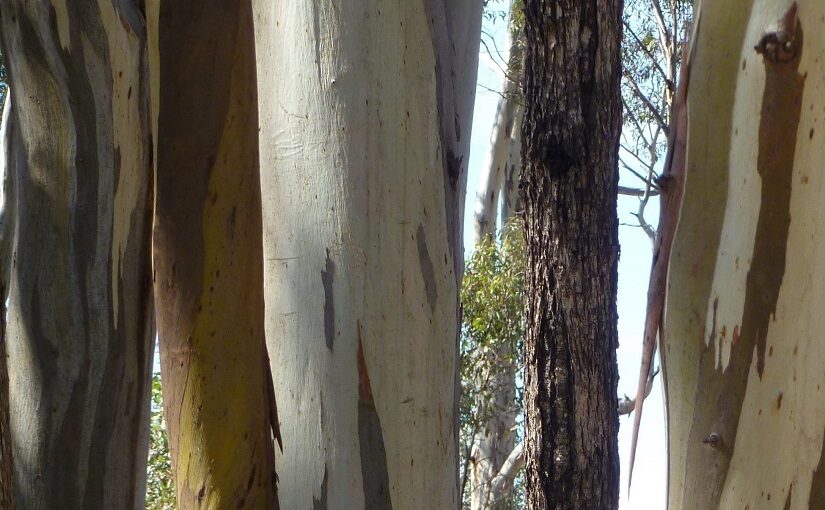Thinking about where we stand in relation to nature, is it somewhere along the lines of “lead, tend, manage”? That we generally attempt to lead, guide or direct animals in tune with our own goals or wishes; tend to the requirements of plants; and manage the physical world in terms of the resources and shelter it offers or obstacles it sets in our way. Maybe, though, terms don’t matter so much as simply thinking of what our roles are?
Isn’t it all a picture of our relationship to the world around us? The rights we feel we have and degree to which we understand how it all works – what each being needs, its essential nature, and all it has to offer within the larger picture of how things come together. Don’t we have to “know more”? To wrap our heads around these natural realities and act wisely in their regard, rather than working against them. (Notes One)
Any kind of relationship is perhaps based on understanding and appreciation: that we see the other for what they are; respect their existence; give them space to live out the nature of their being (Notes Two). It’s not just about superimposing our way of thinking over theirs, is it? Lining everything up in terms of how it serves, supports or sustains “us” – everyone, then, fighting all others to be the one whose vision dominates.
Sometimes it seems that’s what we’re doing, though. Looking at the natural world as this vast storehouse we’re all fighting for the keys to access so we can be the ones with the power, the control, the rights to grant to others. As if humans, having spread over the globe, will now simply trade away whatever assets happened to land at their feet (Notes Three). The battle lines of our geographical divisions already having been set.
Within nature, though, don’t we bear more responsibility than that? As thinking beings, isn’t the demand that we use knowledge wisely almost intrinsic to any sense of us playing our role well? We might see life in terms of power – the give and take of rights, assets and money – but we could also look at things differently, if we choose to. We could surround the world with our intelligence in other ways.
Understanding life as well as we do, could we not interact with nature based on that intelligence? Not just thinking of “what we can get”, but also how we can cooperate with our environment to bring out the best in it all. Isn’t there wisdom in almost everything? In the passing of time, the interactions of seemingly insignificant creatures or chemicals – this whole dance of wisdom that’s spun around us each day. (Notes Four)
Of all the life forms living on earth, what should “our” relationship be to it all? Given we seem to be the ones with the power to do good or ill to almost everything that crosses our path, how we’re using that power must be quite significant.
Notes and References:
Note 1: Nature & the fulfilment of potential
Note 1: Things with life have to be maintained
Note 1: Tuning out from environment
Note 2: Seeing, knowing and loving
Note 2: Detaching ourselves from the world around us
Note 2: Ideas that tie things together
Note 2: The way to be
Note 3: Limits having a purpose
Note 3: Living the dream
Note 3: Economy as a battleground
Note 4: Nature tells a story, about the planet
Note 4: Appreciating other ways of being

